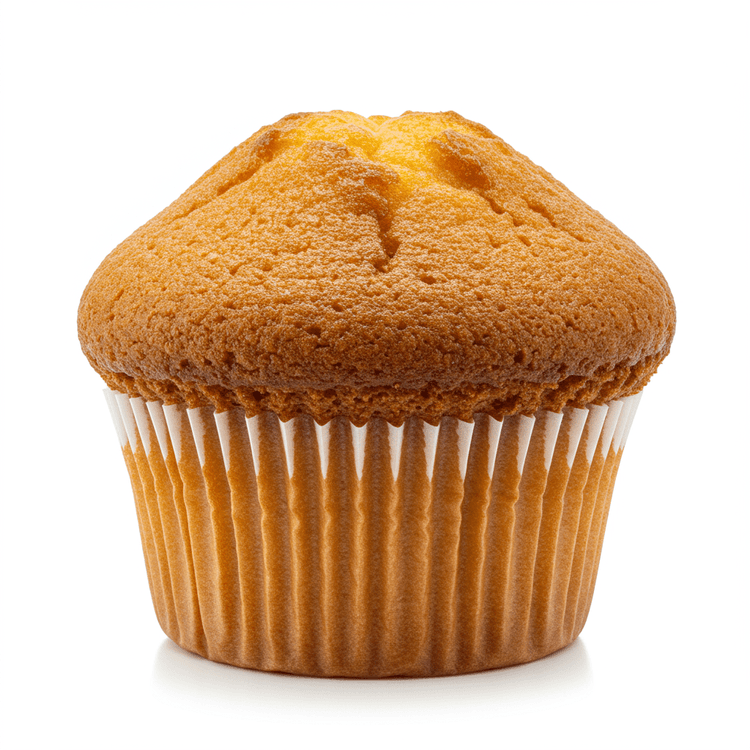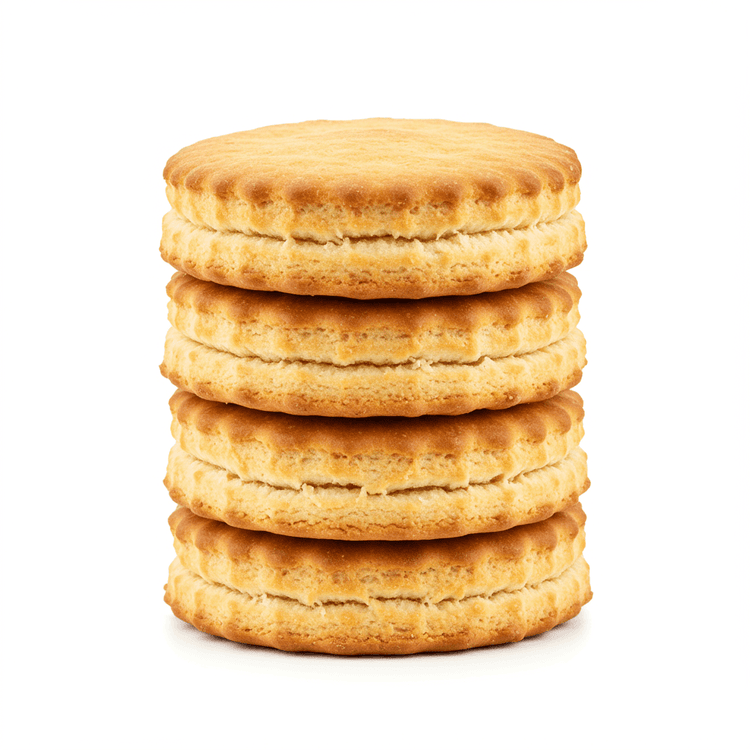
Donut
A donut, or doughnut, is a popular type of fried dough confectionery. Typically sweet, donuts come in a wide array of flavors and textures. The classic donut is ring-shaped, with a hole in the center, but variations include filled donuts, glazed donuts, powdered donuts, and cake donuts. They often feature toppings like chocolate, sprinkles, or flavored icing. The flavor profile ranges from subtly sweet and yeasty to rich and cake-like, while the texture varies from light and airy to dense and chewy. A well-made donut offers a delightful balance of sweetness and doughy goodness, making it a beloved treat for breakfast, dessert, or a snack.
Common Uses
- Enjoyed as a quick and satisfying breakfast treat, paired with coffee or milk for a classic morning indulgence.
- Served as a delightful dessert after meals, offering a sweet and comforting end to the dining experience.
- Used as a centerpiece for special occasions and gatherings, often decorated elaborately to suit the theme of the event.
- Incorporated into creative dessert recipes, such as donut bread pudding or donut ice cream sandwiches, adding a unique twist to familiar dishes.
- Perfect as an easy-to-grab snack throughout the day, providing a sweet energy boost when you need it most.
- Used as a topping or addition to milkshakes or other sweet drinks to add texture and additional flavor.
Nutrition (per serving)
Nutrition (per serving)
Calories
190.0kcal (9.5%)
Protein
2.0g (4%)
Carbs
21.0g (7.64%)
Sugars
9.0g (18%)
Healthy Fat
0.0g
Unhealthy Fat
5.0g
% Daily Value based on a 2000 calorie diet
Nutrition (per serving)
Calories
190.0kcal (9.5%)
Protein
2.0g (4%)
Carbs
21.0g (7.64%)
Sugars
9.0g (18%)
Healthy Fat
0.0g
Unhealthy Fat
5.0g
% Daily Value based on a 2000 calorie diet
Health Benefits
- Provides quick energy due to its high carbohydrate content.
- Can offer a temporary mood boost due to sugar content, which may trigger the release of endorphins.
- Some donuts contain added vitamins and minerals depending on the ingredients used.
- Can be a source of fat, which is essential for hormone production and nutrient absorption in moderation.
Substitutes
Chefadora AI is here.
Experience smarter, stress-free cooking.
Storage Tips
Donuts are best consumed fresh on the day they are purchased. If you need to store them, keep them in an airtight container at room temperature. Avoid refrigerating donuts, as this can dry them out and alter their texture. For longer storage, donuts can be frozen. Wrap them individually in plastic wrap and then place them in a freezer-safe bag or container. Thaw at room temperature before enjoying, but be aware that the texture may not be the same as fresh donuts.
Marnirni-apinthi Building, Lot Fourteen,
North Terrace, Adelaide, South Australia, 5000
Australia





